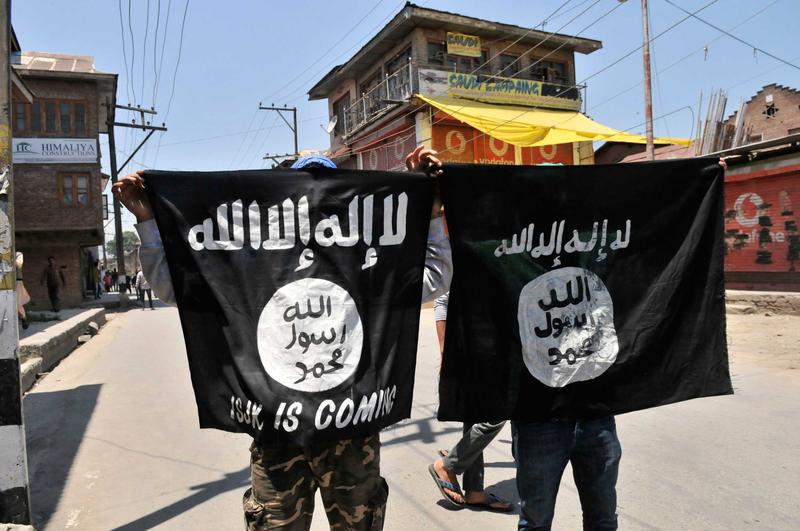 The Brian Lehrer Show
The Brian Lehrer Show
Lessons Learned from Intervening in the Middle East

U.S. Deputy Secretary of State Antony Blinken, one of President Obama's most important policy makers on the Middle East, talks about efforts to combat terrorism, U.S. relations with countries in the Middle East and Asia, and refugee concerns here and around the world.
Deputy Secretary Blinken said there are lessons to be learned from different intervention tactics taken in Iraq, Libya, and Syria. He pointed out initial underestimations they'd made about the extent of Qaddafi's control in Libya and the depth of tribal cleavages in the country, which made it very hard to unite the country.
And in Syria, the civil war has created three main issues, as Blinken sees it. First, it will be difficult to fully defeat ISIS (Blinken prefers the term "Daesh") until Syrian President Bashar al-Assad is gone, because of the ideal chaos his reign maintains. Second, there's a significant spill-off from the civil war into Europe, which is posing a danger to European cohesion. And third, the civil war has created a humanitarian catastrophe, and the United States sees political transition as the best way to end it.
Now: one of Obama's most important policy makers on the Middle East: Deputy Sec of State @ABlinken. pic.twitter.com/wlFgGW9vvM
— Brian Lehrer Show (@BrianLehrer) February 17, 2016
Why Deputy Sec of State @ABlinken prefers "Daesh" over "ISIL" -- the Islamic State is, in our judgment, neither Islamic or a state.
— Brian Lehrer Show (@BrianLehrer) February 17, 2016